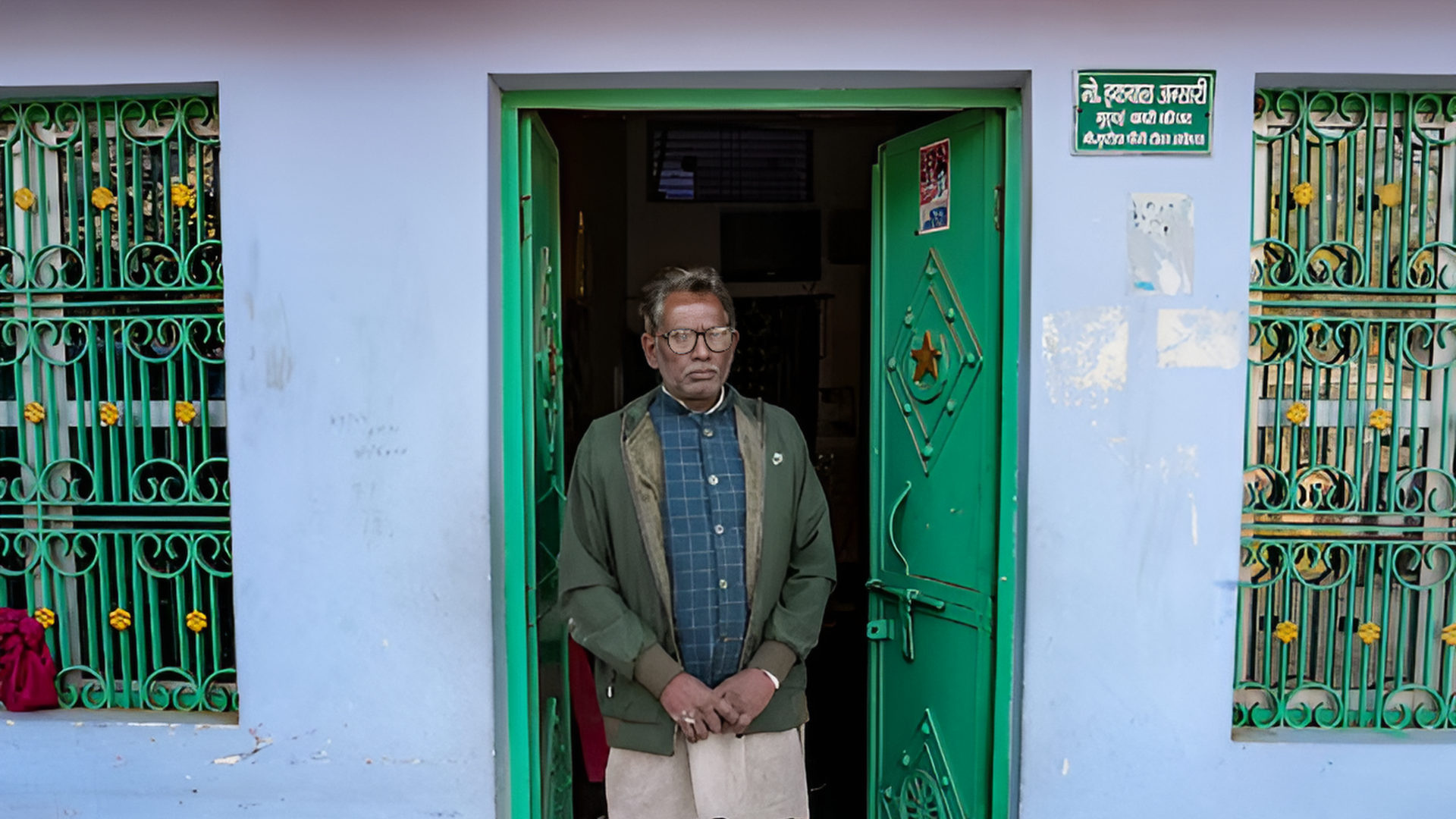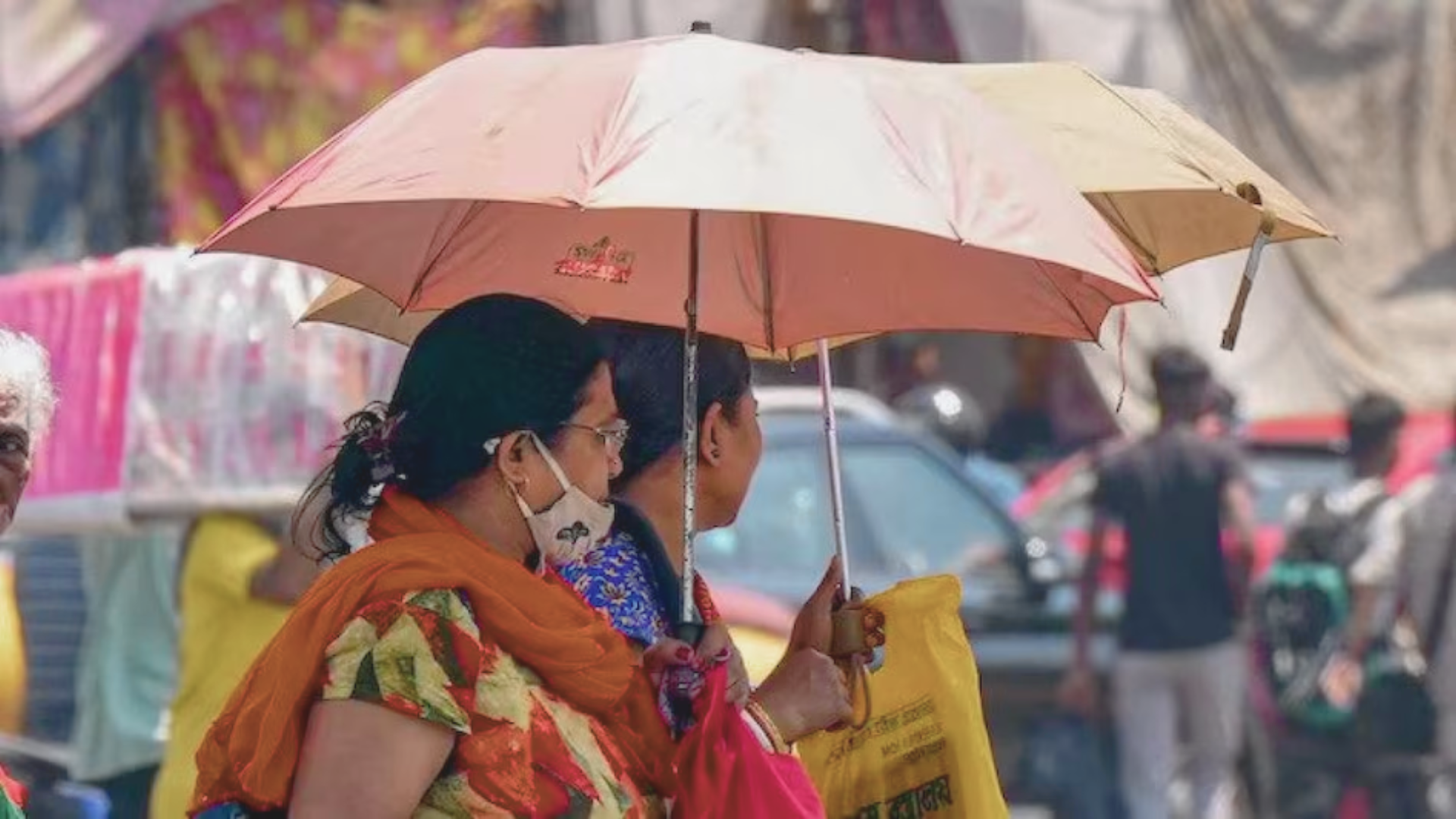



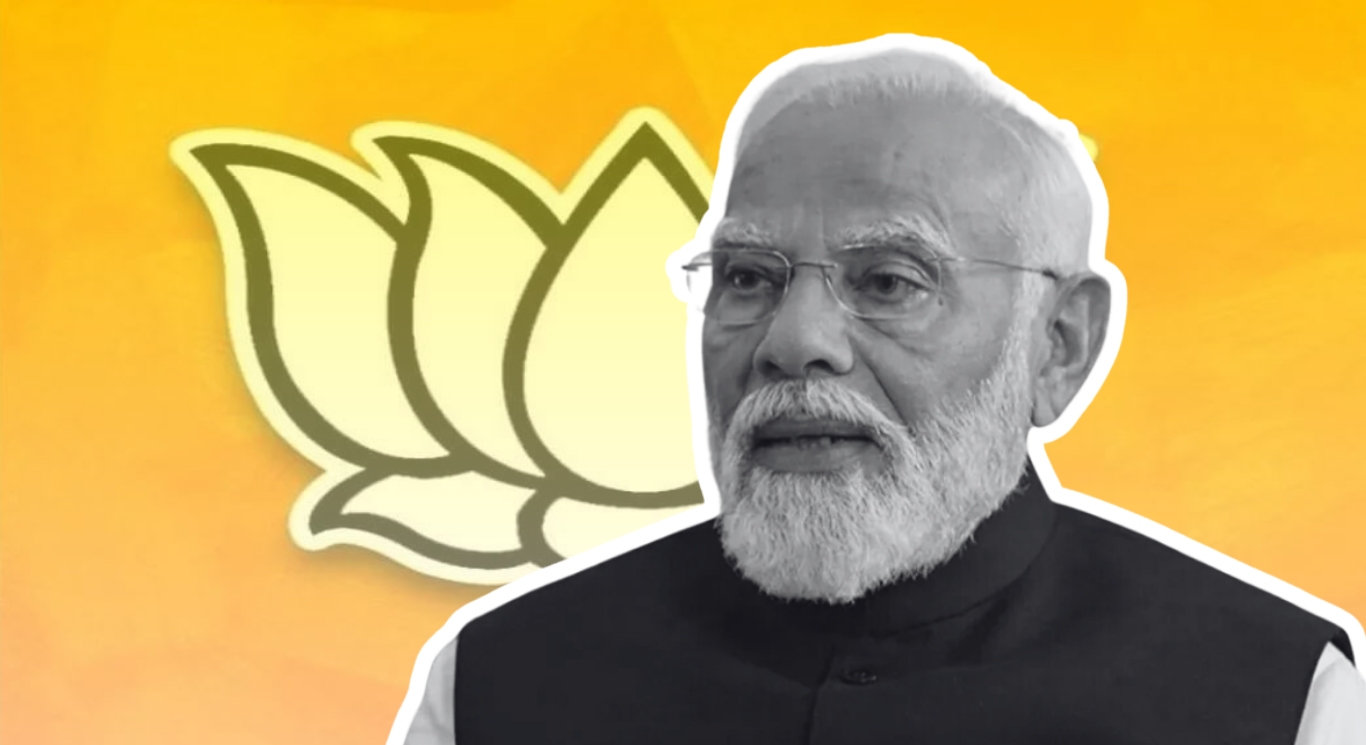
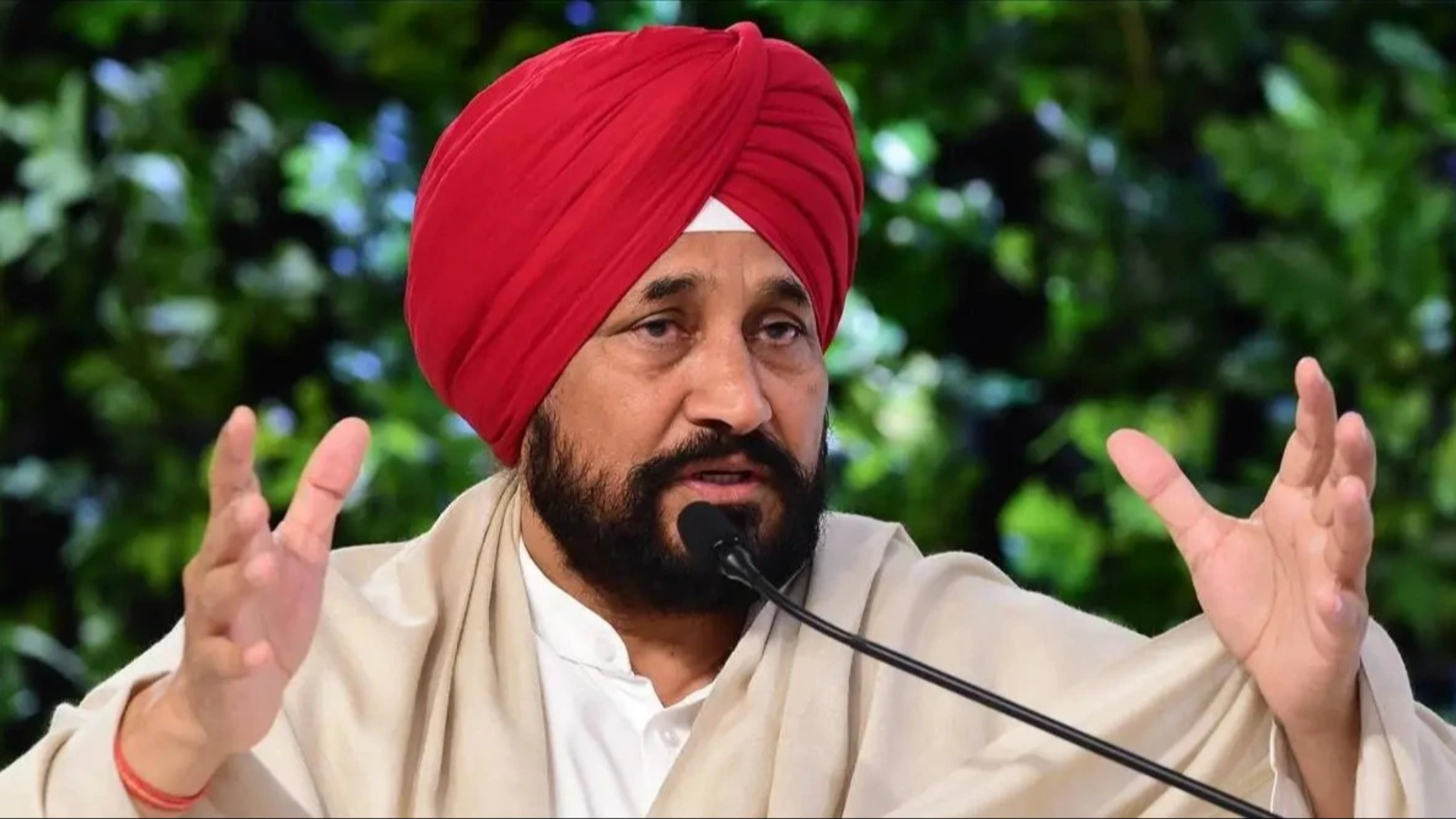
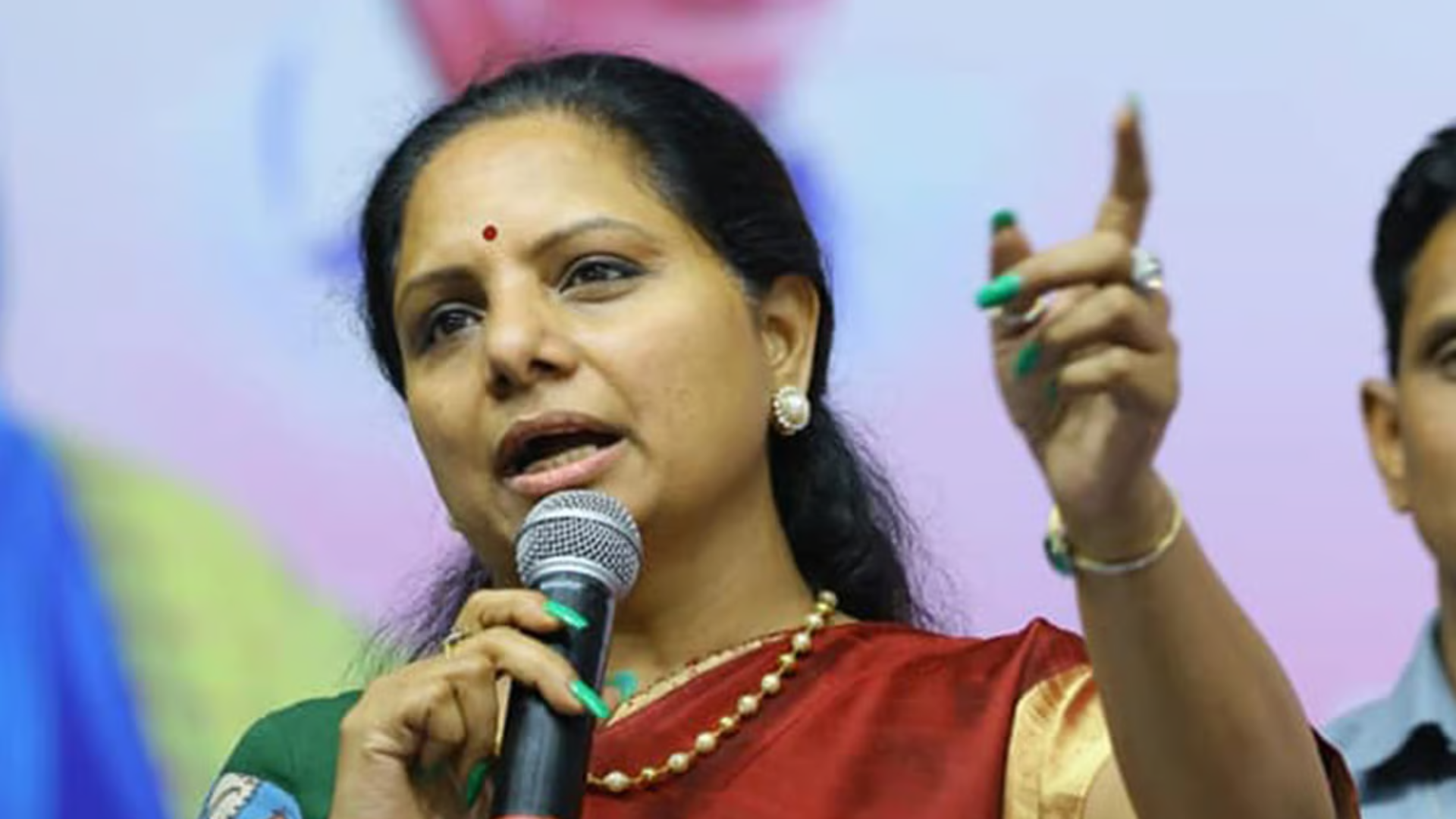
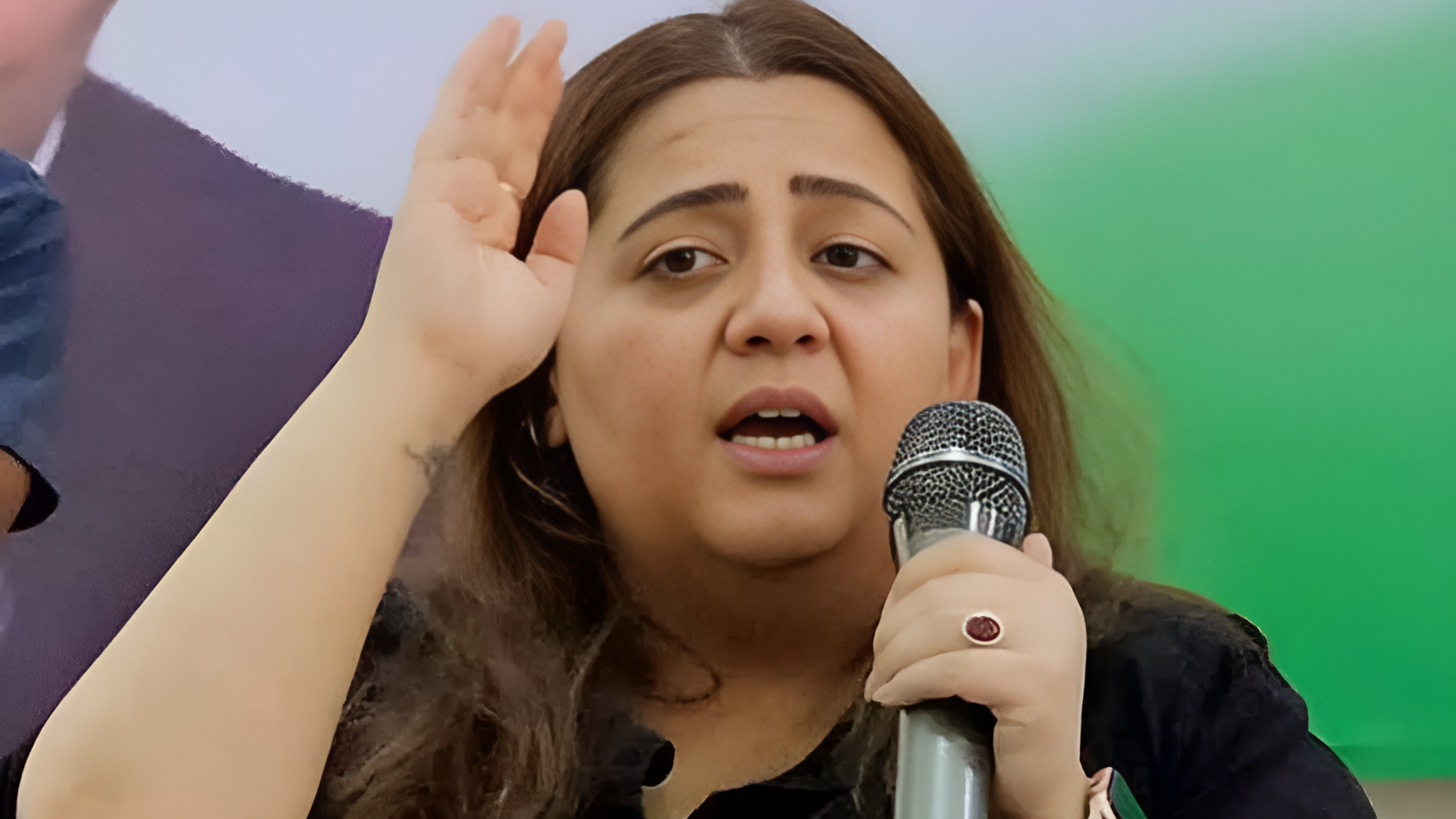



As a petitioner contesting the hijab ban contended that the state lacked the right to enforce uniforms or forbid hijab, the Supreme Court noted on Wednesday that the Karnataka government has the ability to enforce uniforms at educational institutions.
The abilities they possess. While the court was still hearing a number of petitions contesting the hijab ban in Karnataka, a bench of justices Hemant Gupta and Sudhanshu Dhulia said, “You may argue that their circular could be in violation of any statutory provision, but to say that they don’t have the power may not be correct.
The court also stated that it would not really matter even if the Karnataka Education Act or the Education Rules were used incorrectly to provide instructions in the state’s February 2022 circular, which made uniforms mandatory in government-run educational institutions.
“Even if the circular mentions the incorrect portion, it won’t matter much. After a ruling by this court, the distinction between an executive order and a statutory order has been eliminated. The bench informed senior attorney Huzefa Ahmedi, who was defending one of the petitioners, that if they have the ability to do anything, it really doesn’t matter whether the wrong provision is referenced.
Ahmedi had contended that the state government’s decree from February lacked legal standing, noting that the Education Act does not forbid the hijab but rather allows for religious diversity.
Several girl students who previously attended madrassas but defied gender norms to enrol in secular educational institutions, according to the senior counsel, would be compelled to drop out once more and go back to madrassas.
However, the bench countered that no such petitions nor real statistics were presented before the high court to demonstrate that the hijab ban has resulted in dropouts.
These issues weren’t at all brought up before the supreme court. You are now discussing the dropout rate, etc. You merely claimed in the high court that the hijab is an important religious practise, and the court rejected your claim,” the bench informed Ahmedi.
The senior counsel attempted to cite an NGO PUCL study at this point on the effects of the hijab ban on Muslim girl pupils, but the court was unmoved. “How is it possible that a report on dropouts is accurate? The verdict was rendered in March, and now it’s September. There is only one projection possible. Since the PUCL report was issued after the ruling, we cannot accept it. There is no argument that the hijab forced girls from underprivileged areas to drop out of school, it stated.
After reading some testimonies from the PUCL report, Ahmedi said that he had been informed that the hijab ban had resulted in around 17,000 female students skipping examinations.
Ahmedi closed his arguments by saying: “Here is a community that has broken the stereotype and began coming to school, despite headscarf. He based his submissions on ideas of brotherhood, decency, and legitimate state interest. They will be compelled to return to theological institutions, which are incompatible with the Preamble and the nation’s secular structure.
Senior attorneys Rajeev Dhavan and Aditya Sondhi submitted arguments against the Karnataka high court’s March 15 ruling that Muslim women are not required to wear the headscarf as a fundamental Islamic practise on Wednesday. The petitioners include female students, Islamic organisations, attorneys, campaigners, and women’s rights organisations.
Read more: JeM chief Maulana Masood Azhar in Pakistan, says Taliban

